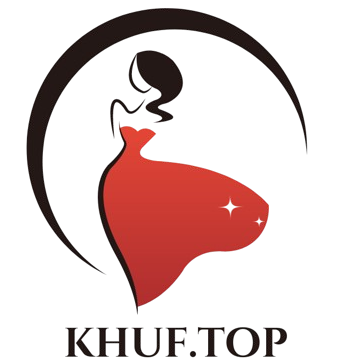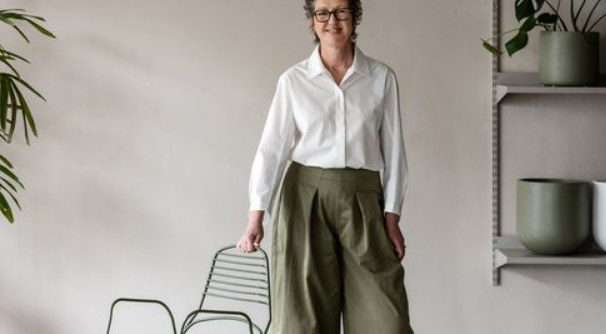Susan Tait has been making fixtures in Thomastown in Melbourne’s northern for 32 years.
Every season, she and her partner were sending 500 pounds of wasted material to waste.
“One said that’s the size of a one-year-old elephant”, joked Tait.
“We’ve always made an effort to produce directly while being as green as possible.”

“But we didn’t really have any solution for fabric.”
She was hunting for a remedy online when she stumbled across ‘Australia’s second textile recycling pick-up and praise company.’
“That gave us a lot of mental tranquility,” she said.
You can simply send the entire leather handle to the girls, including zips, buttons, tags, and everything in between, thanks to the fact that the girls have a good relationship with enough people.
Yesha Patel and Nehal Jain, both of whom formed a team in 2022, came together after Yesha expressed frustration with the lack of alternatives for recycling older, unwearable clothing.

I had a lot of unwearable clothing in my closet because I used to get a lot of strong clothing items.
Because they were so worn out, sending them to an par shop was bad.
“I didn’t know what to do with them and I felt lost. I looked online, but there was scarcely anything that, especially not what I could use as a consumer.
Every man in Australia purchases more clothing than in any other nation.
Every month, the typical Australian did purchase 56 new clothing items. As a nation, we throw out 300, 000 kilograms of apparel.

A complete of 200, 000 kilograms of that is going to waste. The remaining 100, 000 kilograms are being shipped overseas to nations without the resources or training to properly discard textiles.
“We don’t have- any at scale- recycling infrastructure that does fibre to fibre in Australia”, Patel said.
“We’re very focused on maintaining garments’ highest possible price. We don’t want to turn it into insulation, we want to recycle it into new yarn and that’s what we cannot do right now in Australia”.
Since launching with a five-kilometre control in the middle of a COVID-19 shutdown, after has expanded its set support across rail Melbourne, Sydney and Auckland and diverted more than 11 tonnes of textile waste from waste.

Mum of two, Elly Ackland, was one of their initial clients after finding the start-up via a local Social party.
“I really liked the idea of knowing that stuff that I couldn’t use anymore and that I didn’t think anyone else would really want to use could actually be handled with,” Elly said. “It just makes me feel sluggish.”
“I wear issues until they break,” I say. I hate overindulgence.
“If it’s going to ensure that this is being done correctly, I’m prepared to pay a small sum of money, which is not a lot of money. That’s everything that I’m prepared to invest in.”
After costs $20 to haul five pounds of textile waste out of your front door.
The team holds quarterly collections, and the cost is lower as you discard more.
Value has certainly been a problem for us because recycling is not free, says Yesha.
The bigger issue, she explains, is a lack of American experience in turning jute waste into fabric that can be reused.

“We are relying on people in India, because they have exposure to more workers, facilities and the worldwide market for recycled goods,” she said.
“It’s not appropriate because of transport it, but our goal is to really communicate and understand from what they’re doing.”
“If it’s got life in it, if it’s still good enough to wear or if an item can still be repaired, don’t give it to us.”
Every family and personal has old towels or mattresses that have been torn or thrown away, or children who have grown out of them. That’s where we are ok to support.
After have been pressing the American government to step up efforts to address the issue and to invest in local textile recycling alternatives.
Unlike France, which has introduced a $16 taxes on quick fashion, Australia has opted for a deliberate, four pence duty which stores are not obligated to pay.
All of that income will go to Seamless, a not-for-profit institution pushing for a round style market by 2030.
Customers now influencing that change, according to Tait.
“We’re furthermore seeing material houses creating innovative material from recycled yarn,” according to the report. “People are also asking for and willing to pay a little more for it.”
“That’s really satisfying.”
“It’s not only something we are excited about, but it’s interesting to see it be nice business.”

